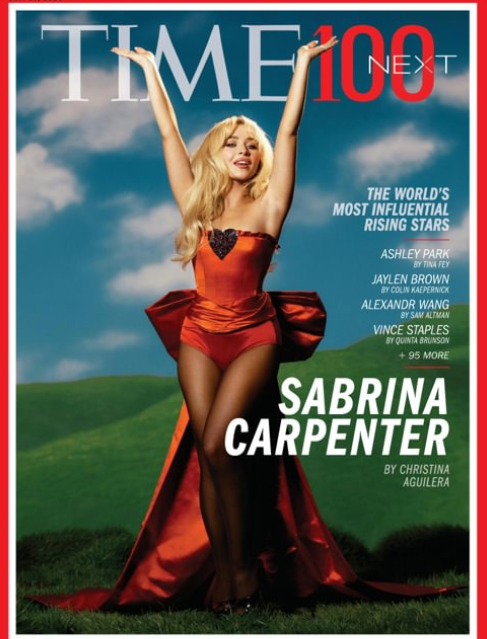
Download PDF Version Here For Free
SUMMER OF DISRUPTION
Former President donald trump has now survived at least two credible assassination attempts this election year. The latest, on Sept. 15 at one of his golf clubs in Florida, was not as close as the one that bloodied him at a Butler, Pa., campaign rally on July 13. But it was nonetheless a real and immediate threat—a fully loaded assault rifle allegedly held by Ryan Wesley Routh from 400 yards in search of the leader of the Republican Party, with the potential to upend American politics and history.
It was just the latest in a series of events unsettling the nation in a summer of disruption. Two weeks before the Butler attempt on Trump’s life, President Joe Biden had triggered a crisis in the Democratic Party with his halting debate performance. A week after the attack, Biden dropped his bid for a second term, teeing up Vice President Kamala Harris’ extraordinarily rapid consolidation of her party behind her and resetting the competition for the Oval Office. Over the next few weeks, the world learned details of two inter national plots to disrupt the election—one from Iran, which had set in motion operations to hack Trump’s campaign and, separately, to take him out; another from Russia seeking to undermine faith in the vote.
On its own, any one of these events would demand years of consideration by historians. Yet taken together, they seem less than the sum of their constituent parts, a string of developments that blend, muting the urgency of each and numbing the shock that accompanies. But the latest attempt on Trump’s life cannot be another business-as-usual moment. American democracy, at its best, is built on the merits of arguments, the character of its leaders, and the collective judgment of a nation. When the threat of political violence, let alone its execution, becomes normal, democracy itself is undermined. That means it’s imperative for the public to see clearly that this summer’s assassination attempts are viewed as an affront to patriots of all political stripes, particularly as their impact remains uncertain.
There are echoes in this moment of 1968, an election year that was similarly consumed by the politics of extremity. Lyndon Johnson faced a revolt inside his Democratic Party over American involvement in Vietnam, leading to his stepping aside. After a scramble, the new nominee, Hubert Humphrey, having entered too late for most of the primaries, took the nod at a Chicago convention amid violence in the streets. Republicans, for their part, opted to go with an imperfect figure they knew ……